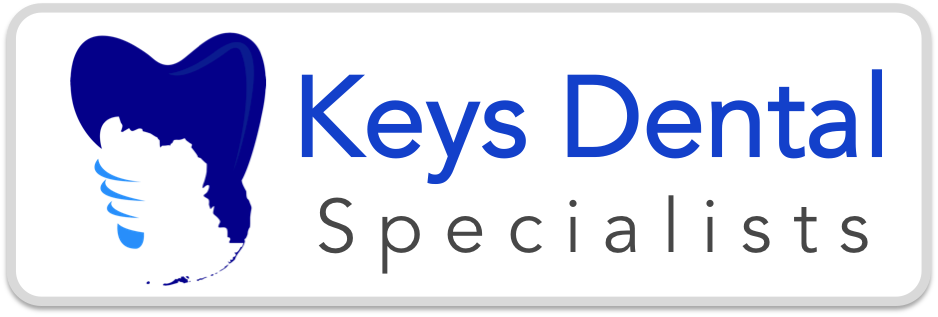Dental Sedation For Our Key West Patients
Keys Dental Specialists understand that dental anxiety can keep many patients from getting the care they need for a beautiful and healthy smile. We’re here to help! Our team offers dental sedation services which are tailored to your individual level of fear, making it easier than ever before to get the treatment you deserve in a caring environment with advanced technology and comfortable amenities. Enhance not only your relationship with dentistry but also achieve outstanding results by taking advantage of our comprehensive sedation options today.
Dental Sedation Services
Oral Conscious Sedation
Our doctors administer oral-conscious dental sedation through oral medications just before your appointment begins to help you reach an extreme state of relaxation. Some people experience amnesiac effects after the medication has worn off. Patients can work with their primary care doctor and dentist to choose a sedative that works well for them. Oral-conscious sedation doesn’t necessarily make you fall asleep, but you may doze off during your procedure because it makes you so calm and relaxed. Oral-conscious sedation also allows our team to perform multiple procedures during one visit.
Intravenous Dental Sedation (“Twilight Sedation”)
Our office offers our patients the option of Intravenous Sedation (IV) or Dental Intravenous Anesthesia or to some, it is referred to as “Twilight Sedation” for their dental treatment. IV sedation is the ideal choice for those experiencing severe anxiety during complex treatments such as dental implants or root canals. This form of administered anesthesia puts patients into a deep sleep-like state, allowing them to remain awake during their procedure with some amnesic effects – in most cases people can forget parts or all of their care experience! Despite its beneficial properties, some lasting effects mean someone will need to drive you home once your visit has been completed..
If you choose the option of intravenous sedation, your IV sedation/anesthesia is administered and monitored by the doctor, therefore, eliminating the costly expense of having your treatment carried out in an operating room or same-day surgical facility.
Office-Based General Anesthesia with Local Anesthetic
Medications are administered through an intravenous line (IV). The patient falls asleep and is completely unaware of the procedure being performed. Medications most commonly used are Fentanyl (opiate), Versed (benzodiazepine), Ketamine, and Diprivan. Supplemental oxygen is delivered through a nasal breathing apparatus and the patient’s vital signs are closely monitored.
General anesthesia is available for all types of oral surgery and dental implant procedures. A patient may choose general anesthesia for simple procedures depending on their level of anxiety. Most people having their wisdom teeth removed or having a dental implant placed will choose general anesthesia.
General anesthesia may be necessary if local anesthesia fails to anesthetize the surgical site, which often occurs in the presence of infection.
Surgery Based General Anesthesia Sedation
A patient is admitted to a surgery center where anesthesia is administered by an anesthesiologist. Indicated for patients undergoing extensive procedures such as face and jaw reconstruction and TMJ surgery and also for patients with medical conditions such as heart disease or lung disease who require general anesthesia.
To administer general anesthesia in the office, an oral surgeon must have completed at least three months of hospital-based anesthesia training. Qualified applicants will then undergo an in-office evaluation by a state dental board-appointed examiner. The examiner observes an actual surgical procedure during which general anesthesia is administered to the patient. The examiner also inspects all monitoring devices and emergency equipment and tests the doctor and the surgical staff on anesthesia-related emergencies. If the examiner reports successful completion of the evaluation process, the state dental board will issue the doctor a license to perform general anesthesia. The license is renewable every two years if the doctor maintains the required amount of continuing education units related to anesthesia.
Again, when it comes to anesthesia, our first priority is the patient’s comfort and safety. If you have any concerns regarding the type of anesthesia that will be administered during your oral surgery procedure, please do not hesitate to discuss your concerns with your doctor at the time of your consultation.




